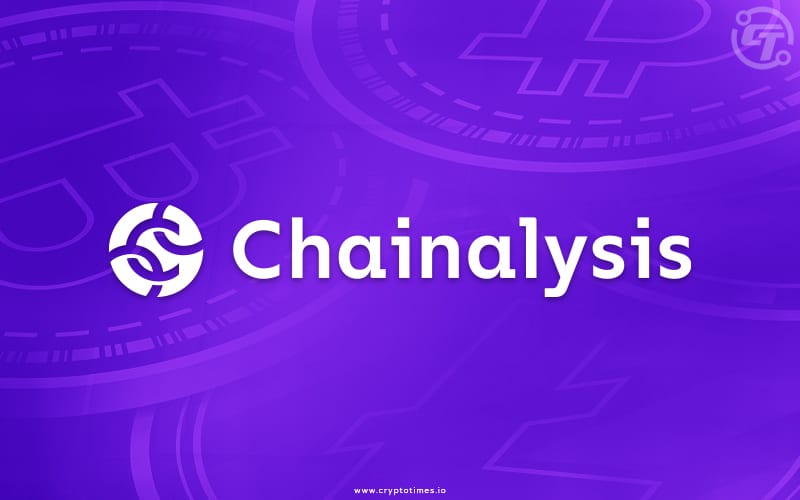Blockchain analysis firm, Chainalysis announced the launch of two sanctions screening tools that are meant to allow crypto investors to determine if their wallets of choice are compliant with global sanctions.
As per the announcement, the firm is providing the two tools for free of charge. One is an on-chain oracle that is available right now, and another is an API that is expected to be launched next month.
The Chainalysis oracle is a smart contract that other smart contracts can use to validate a wallet before enabling interaction with the second contract. It verifies whether a cryptocurrency wallet address is listed in a sanctions list.
Meaning that anyone using the oracle will have access to all wallets listed on economic sanctions lists supplied by the United States, the European Union, and the United Nations.
In contrast to the on-chain oracle, which is built for DeFi projects, the API is designed for public, web and mobile user interfaces. To confirm whether a crypto address is on any sanctions lists, the API will use the same data as the oracle.
Decentralized Web3 groups such as DEXs, DeFi platforms, DAOs, and DApp developers, as per Chainalysis, are on the lookout for lightweight tools to help them and their clients comply with sanctions as a result of Russia’s invasion of Ukraine.
Given the transparency of blockchains, Chainalysis believes it would be difficult for the Russian government or financial elite to systematically circumvent sanctions on a large scale using crypto without being detected.
However, the firm feels that certain sanctioned Russian actors might try to evade sanctions by using cryptocurrencies.
Michael Gronager, Co-Founder and CEO, Chainalysis, stated “Now is the time for the industry to demonstrate that blockchains’ inherent transparency make cryptocurrency a powerful deterrent to sanctions evasion.”
Chainalysis sanction tools arrive at the right time, as only a few days back crypto exchange Coinbase suggested crypto tech for global sanction compliance. Paul Grewal, Coinbase’s chief legal officer proposed this idea while citing a growing range of sanctions amid the Russia-Ukraine conflict.






